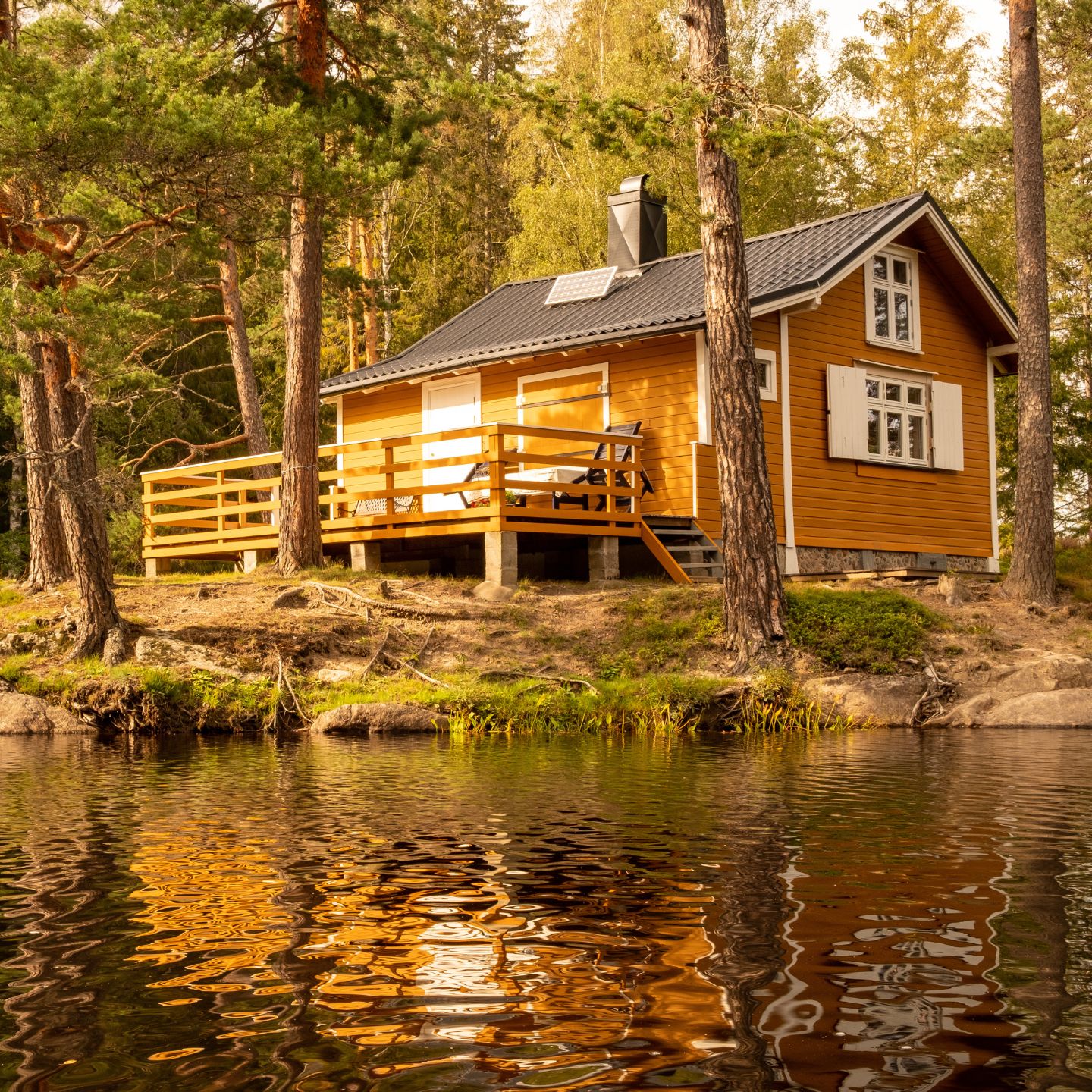
Cabins secluded from big cities, cellular networks, and first responders could be at risk when emergencies arise. No matter the disaster that ensues, you must ensure a safe environment for yourself and your family. Use the following information to prepare for various emergencies at your remote cabin.
Prepare for Winter Storms
Blankets and Warm Clothing
Hypothermia occurs when the body temperature drops to dangerously low temperatures. It can occur even without extremely cold weather. Whether the power is intact or not, you will need warm blankets and clothing—such as wool socks, thermal shirts and pants, and gloves—to regulate body temperature.
Sturdy Shovel and Ice Melt
These two items are essential for clearing paths, preventing dangerous ice buildup, and reducing the risk of precarious slips and falls. A sturdy snow shovel will help you remove snow from your walkways, while the right ice melt product will ensure that any remaining ice goes away.
Prepare for Injuries
First-Aid Kit
Living in a remote cabin brings with it the responsibility of being prepared for any medical emergencies. Having a well-stocked first aid kit is essential. Ensure you have:
- Disposable gloves to protect yourself and others
- Bandages to stop bleeding and cover wounds
- Adhesive tape to secure bandages
- Antiseptic wipes for cleaning wounds
- Pain relievers
CPR Training
CPR training isn’t a medical tool that you can buy. It’s an invaluable skill that you must possess to be properly prepared for an emergency in your remote cabin.
There are several places to receive CPR certification, both in-person and online. When you’re a great distance from medical personnel, your training could be the difference between life and death.
Medication
You should have a stock of various medications to accommodate a wide range of injuries, illnesses, and pains. Pain relievers (acetaminophen, ibuprofen, and aspirin), antiseptic ointment, antihistamines, decongestants, and other common medications should remain at your disposal.
Prepare for Power Outages
Candles and Flashlights
The first thing you need when the sun sets is light. Candles and flashlights are reliable resources. You might even want to add a headlamp to the list for easy mobility and extended sight distance.
Water and Canned Food
Without power, you cannot use the stove or microwave to heat up snacks. You’ll rely on non-perishable foods to get you through this tough time. These long-lasting items can be canned vegetables, canned fruit, nuts, granola bars, peanut butter, and more.
There’s also a chance that you will no longer have access to water from the faucet. In this case, be sure to have water jugs or water bottles on hand as a precaution.
Bonus Accessory for Every Emergency
While you’re taking every precaution to protect yourself and others at your cabin, there’s a good chance you’ll need help from medical professionals, police, or the fire department. Remote locations aren’t cell phone friendly. A two-way radio will be your chance for reliable communication with emergency services.You’ll want to keep a set of the best radio models for outdoorsmen easily accessible. Whether you’re stuck in a snowstorm, in need of medical attention, or running out of supplies in a power outage, the right two-way radio can help you access assistance.

Leave a Reply